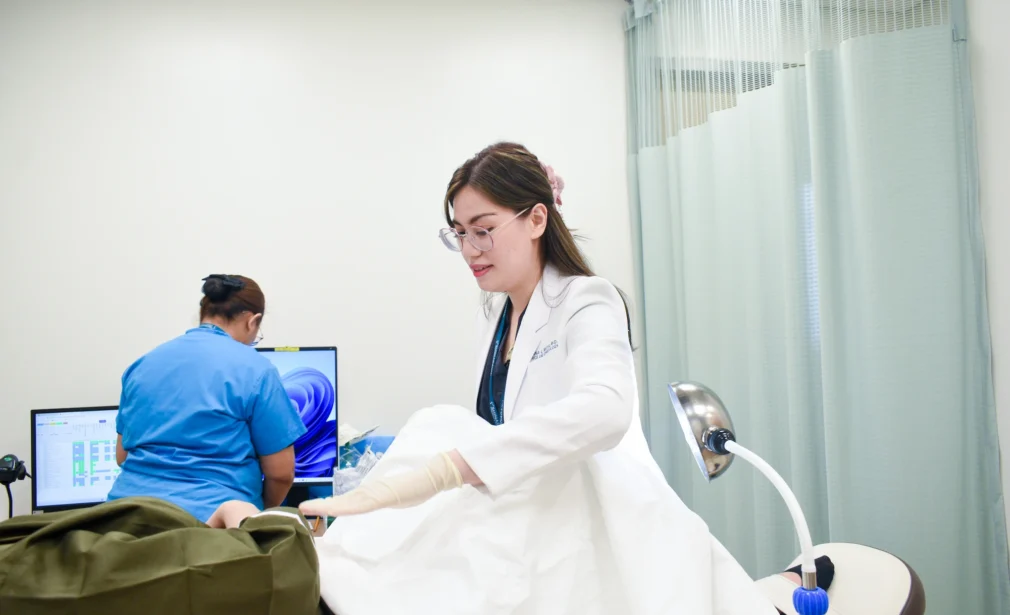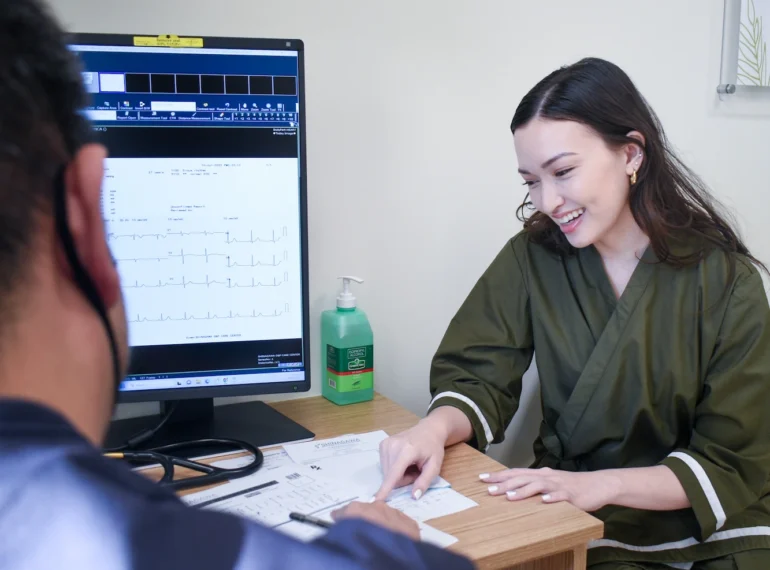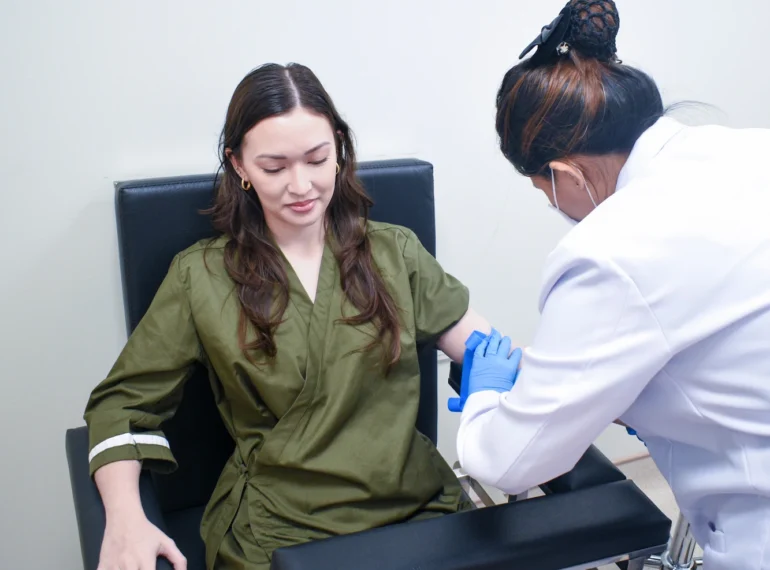A simple yet powerful screening tool that plays a vital role in detecting early signs of cervical abnormalities and potential risks for cervical cancer. By collecting a small sample of cells from the cervix, this procedure allows healthcare providers to identify any cellular changes or abnormalities that may indicate the presence of human papillomavirus (HPV) or other concerning conditions.
Testing Time: 15 minutes
Recommended for
For women aged 30 and older as a screening test for cervical cancer.
Women aged 21-29 may also undergo HPV testing if they have previously received abnormal Pap smear results.
For women under 21 who have had HPV infections.
Individuals with weakened immune systems
Those with a history of HPV-related cervical abnormalities may also benefit from regular screening.
Benefits
Can detect early signs of high-risk HPV strains before they develop into serious conditions.
Helps identify infections before they cause abnormal cell changes in the cervix.
The test provides higher accuracy in assessing cervical cancer risk.
Helps reduce the need for unnecessary biopsies or treatments for minor cervical changes that may resolve on their own.
If results are negative, HPV testing allows for longer screening intervals, typically every five years.
Testing Time: 15 minutes
Recommended for
For women aged 30 and older as a screening test for cervical cancer.
Women aged 21-29 may also undergo HPV testing if they have previously received abnormal Pap smear results.
For women under 21 who have had HPV infections.
Individuals with weakened immune systems
Those with a history of HPV-related cervical abnormalities may also benefit from regular screening.
Benefits
Can detect early signs of high-risk HPV strains before they develop into serious conditions.
Helps identify infections before they cause abnormal cell changes in the cervix.
The test provides higher accuracy in assessing cervical cancer risk.
Helps reduce the need for unnecessary biopsies or treatments for minor cervical changes that may resolve on their own.
If results are negative, HPV testing allows for longer screening intervals, typically every five years.
Book an appointment now

Inquire

Book

Confirm
Best Paired With
Frequently asked questions
You need to secure a doctor’s request before undergoing an HPV Test. This ensures that the test is appropriate for your health condition. If you do not have a request, you may consult with our doctors at Shinagawa. Once the doctor’s request is secured, you can proceed with the test.
The HPV test is not painful or uncomfortable. It involves collecting a sample of cells from the cervix, which is usually done during a routine pelvic exam.
The examination typically lasts for about 3 to 5 minutes, depending on the patient’s condition.
Patients aged 20 and above are strongly encouraged to undergo HPV Test, depending on the patient’s condition and prior consultation with the doctor.
Patients should avoid intercourse, douching, and using vaginal medicines or spermicidal foam for 2 days before the test.




